Vocabulary development Normal Worksheets for Ages 4-5
29 filtered results
-
From - To
Enhance your child’s language skills with our engaging Vocabulary Development Normal Worksheets for Ages 4-5. These carefully crafted worksheets are designed to expand vocabulary, improve word recognition, and ignite a love for learning in young minds. Each activity offers fun, educational experiences through colorful illustrations, age-appropriate themes, and interactive exercises. Whether identifying objects, matching words to pictures, or learning letters and sounds, every worksheet supports essential language growth. Ideal for preschool and kindergarten learners, these resources create a solid foundation for effective communication and literacy that will benefit your child for years to come.
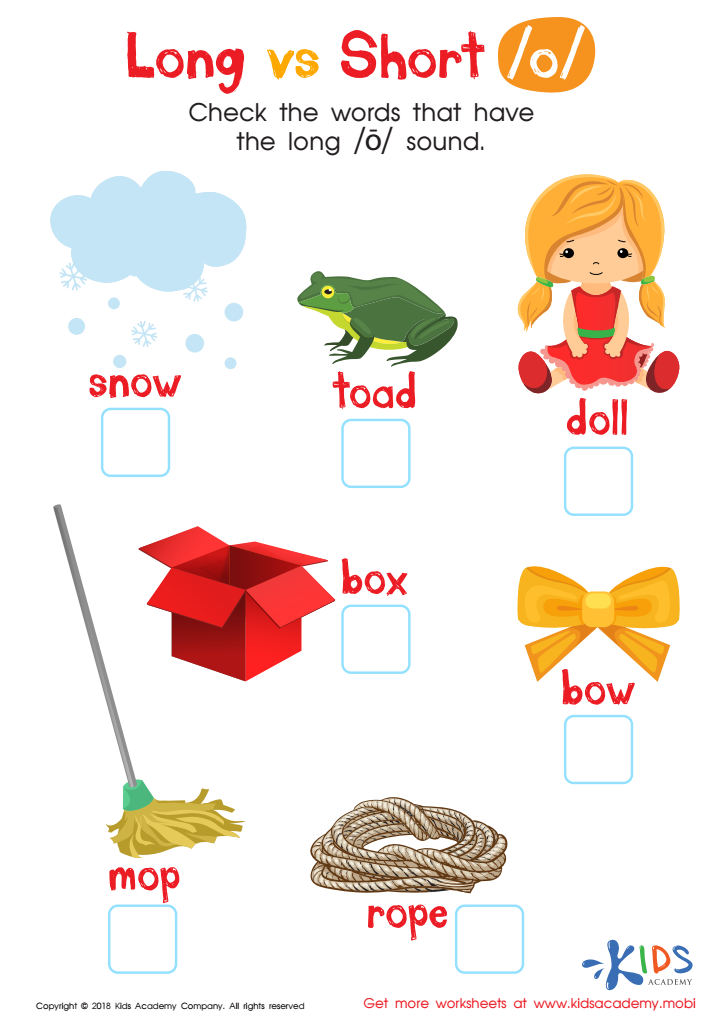

Long vs Short O Reading Worksheet
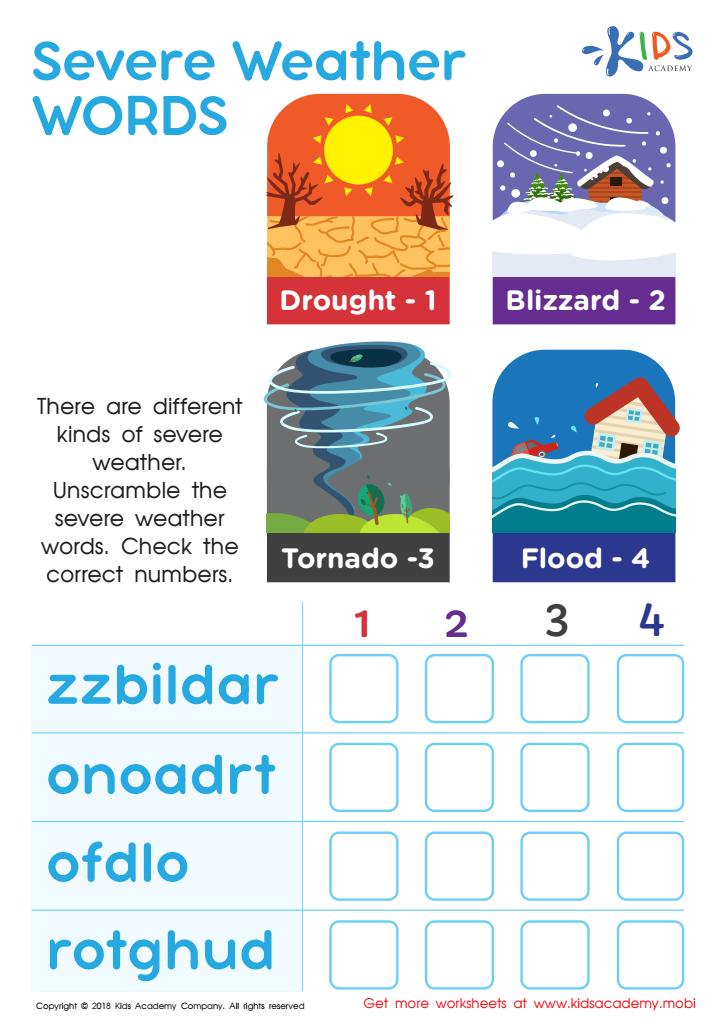

Severe Weather Words Worksheet
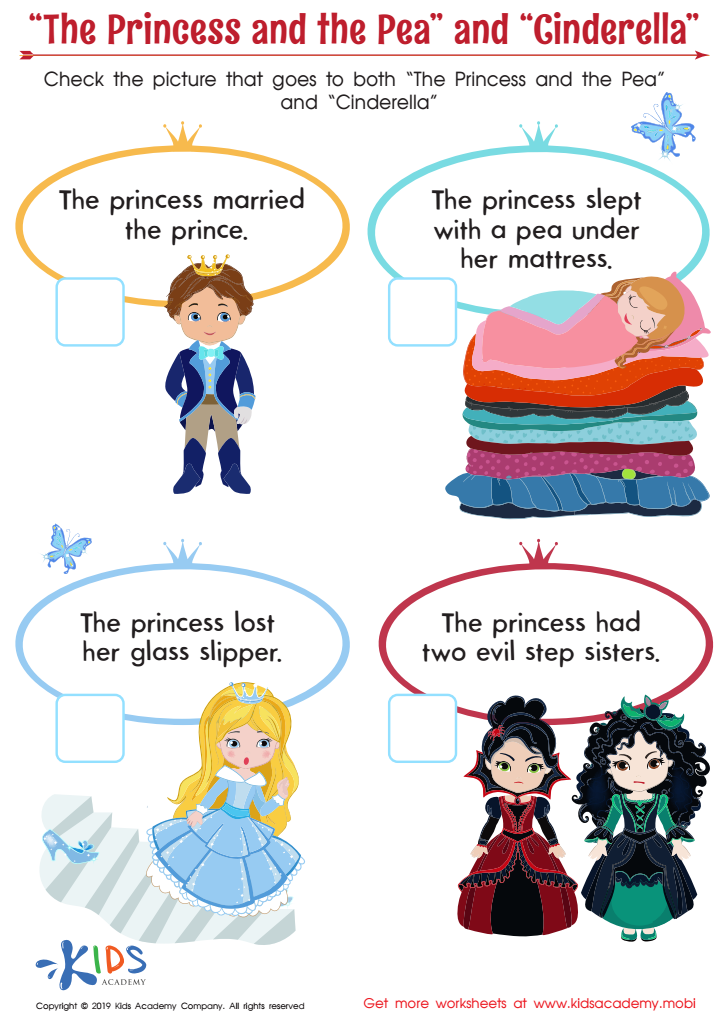

“The Princess and the Pea” and “Cinderella” Worksheet
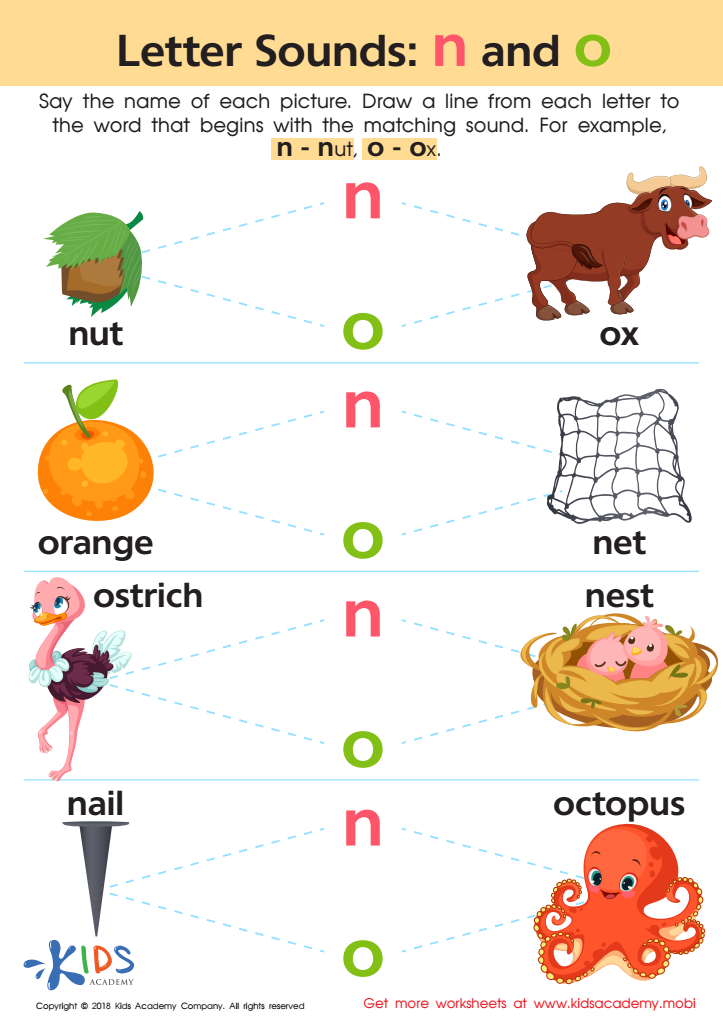

Letter N and O Sounds Worksheet
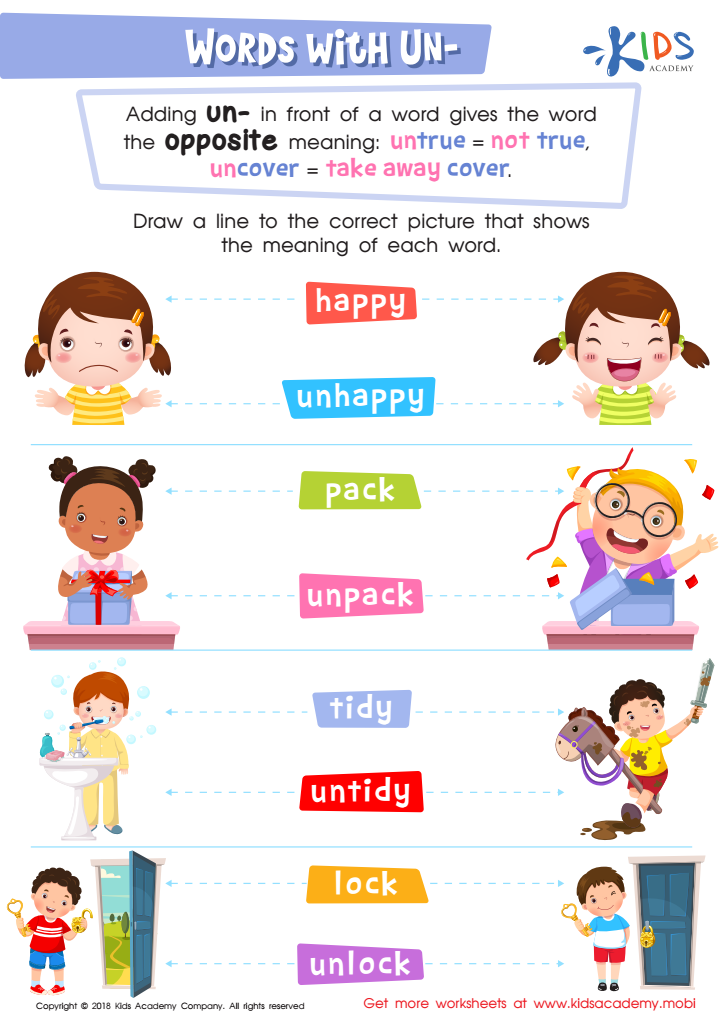

Words with Un– Worksheet
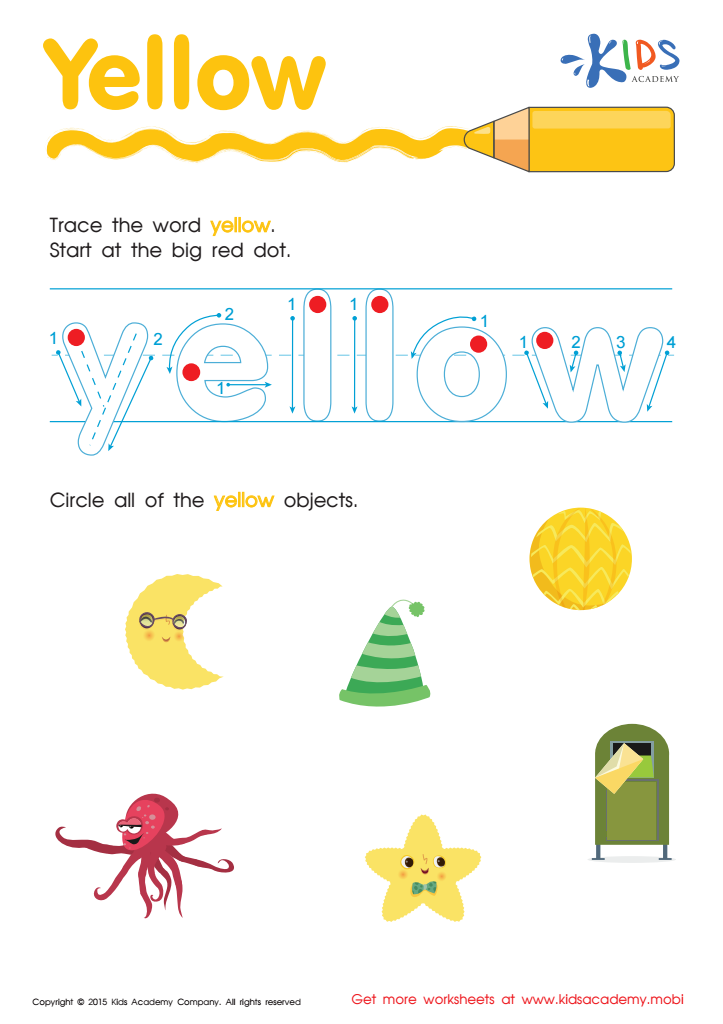

Yellow Tracing Color Words Worksheet


Vowel and Consonant Sounds: Assessment Worksheet
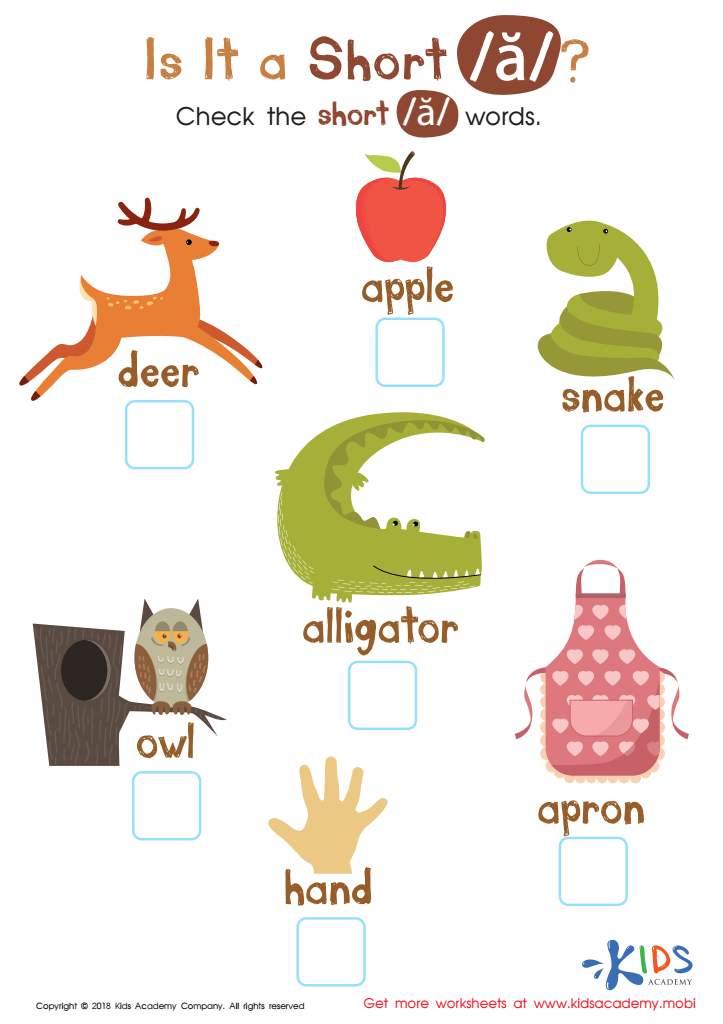

Is It Short A? Reading Worksheet
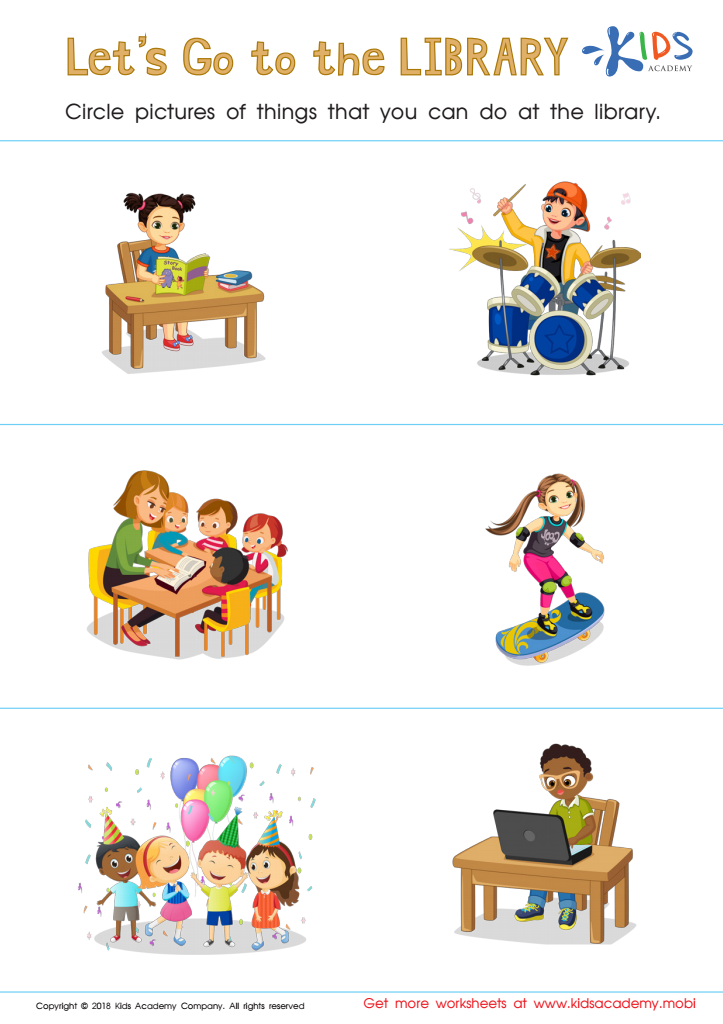

Let's Go to the Library! Worksheet
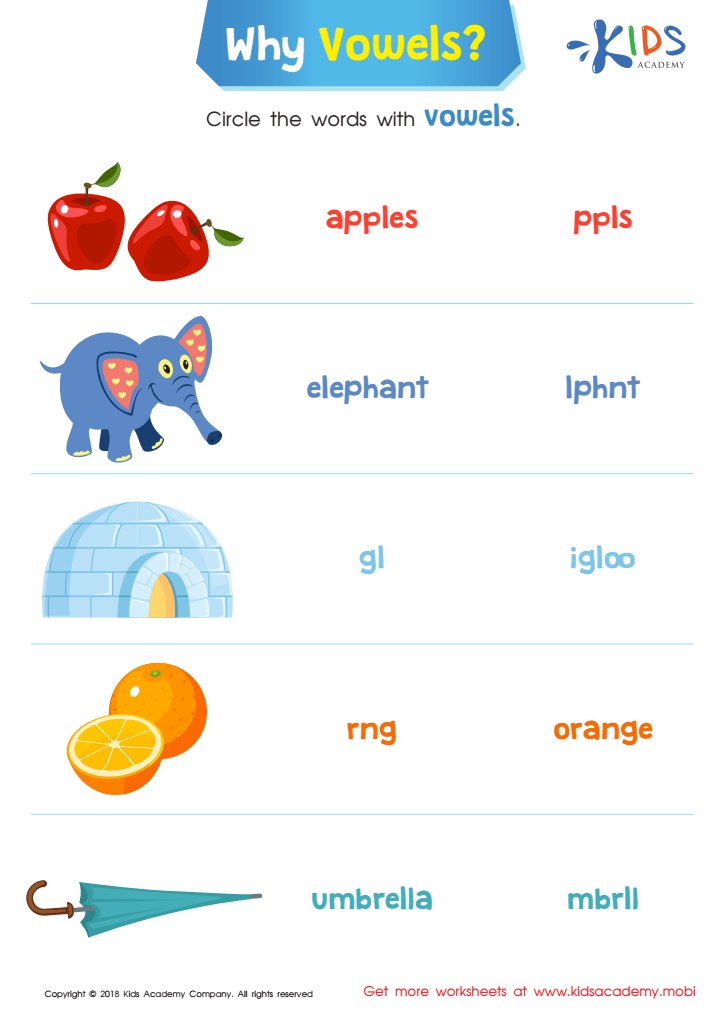

Why Vowels? Reading Worksheet
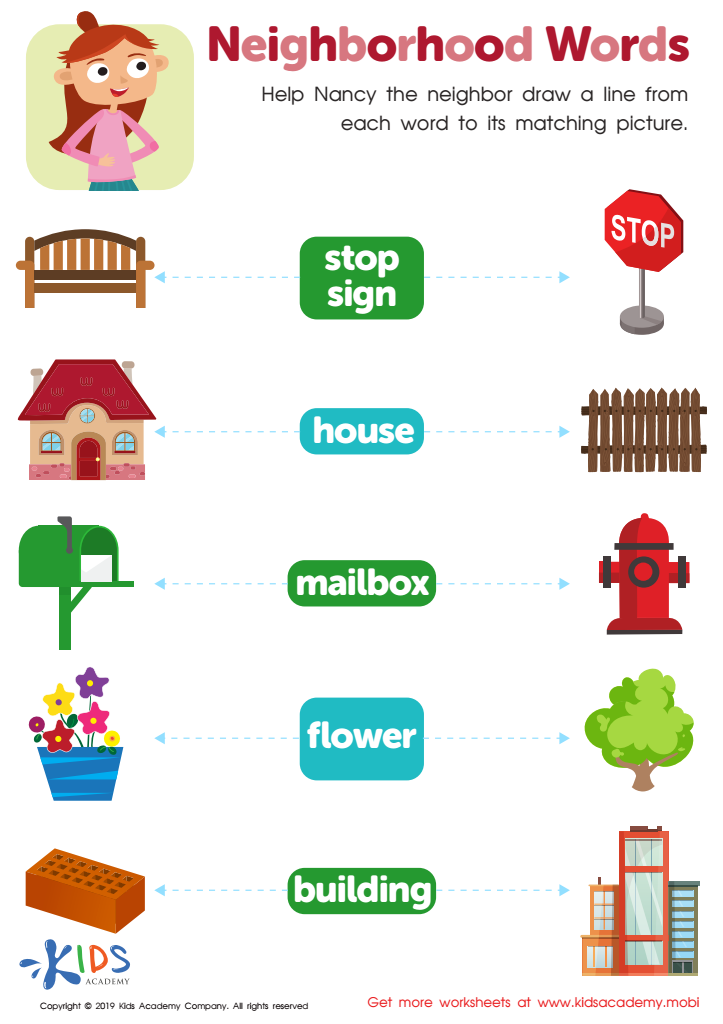

Neighborhood Words Worksheet
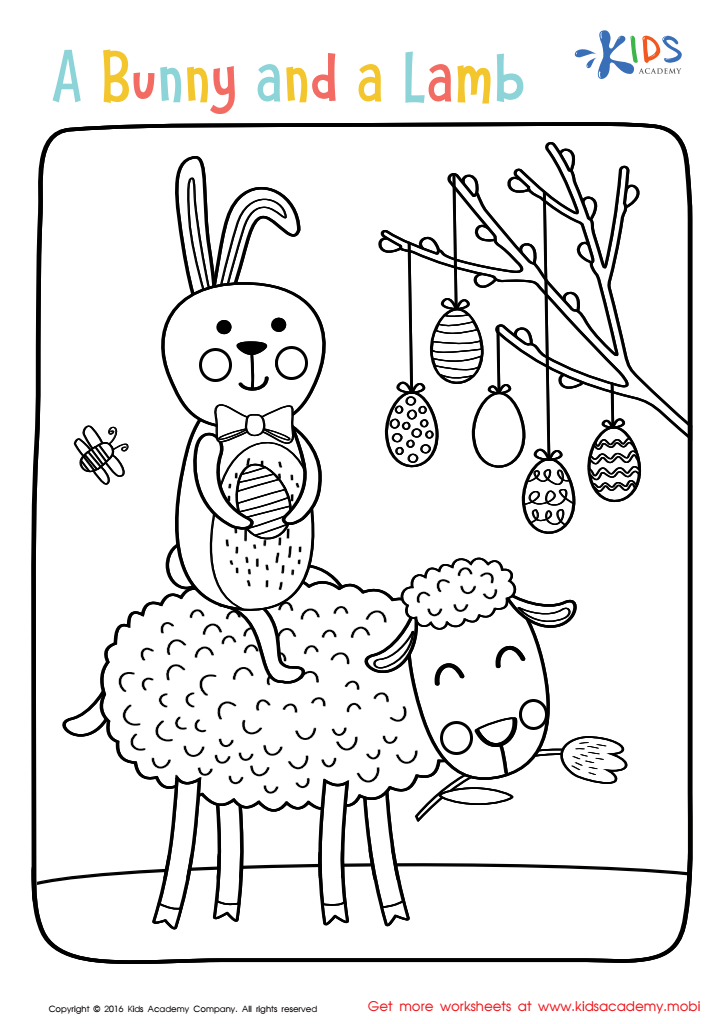

Easter: a Bunny and a Lamb Worksheet
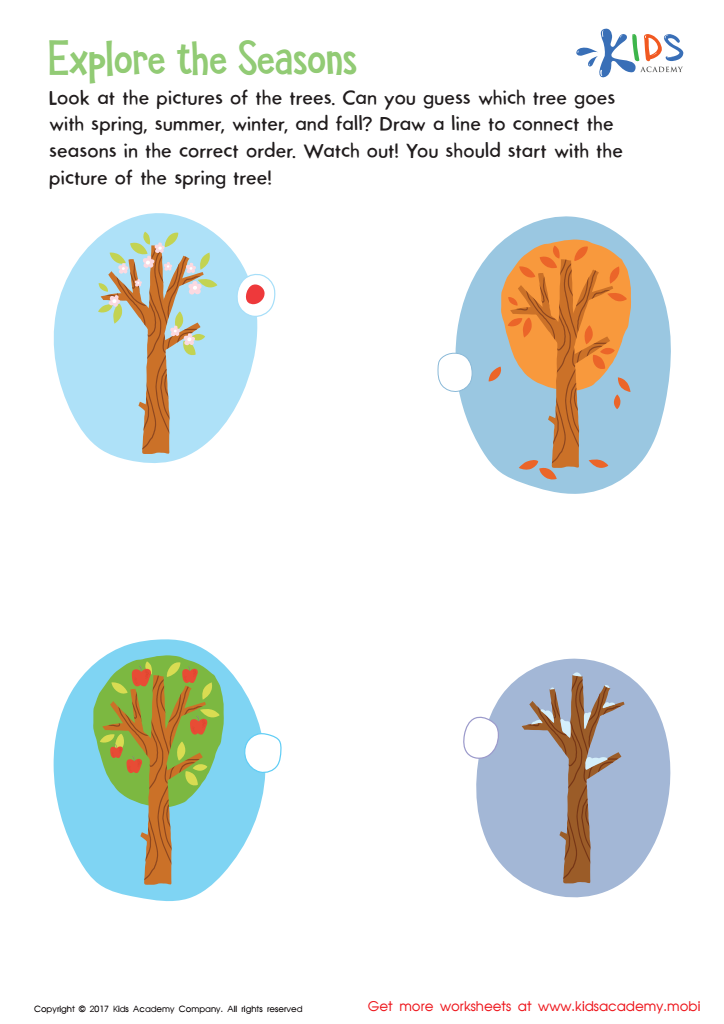

Explore the Seasons Worksheet
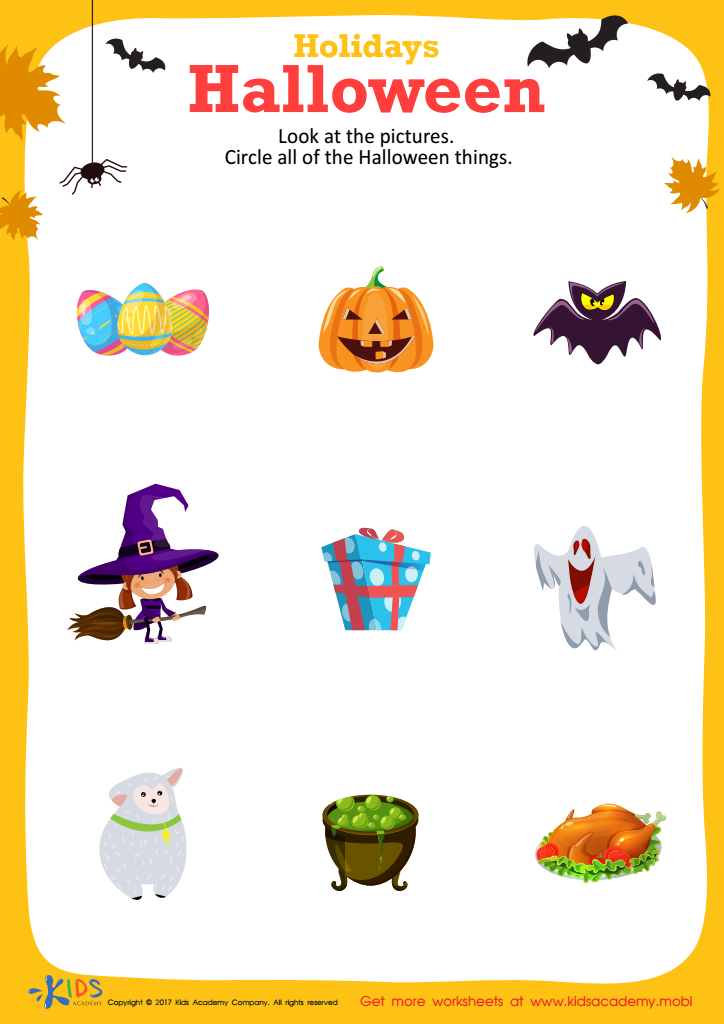

Halloween Holiday Worksheet
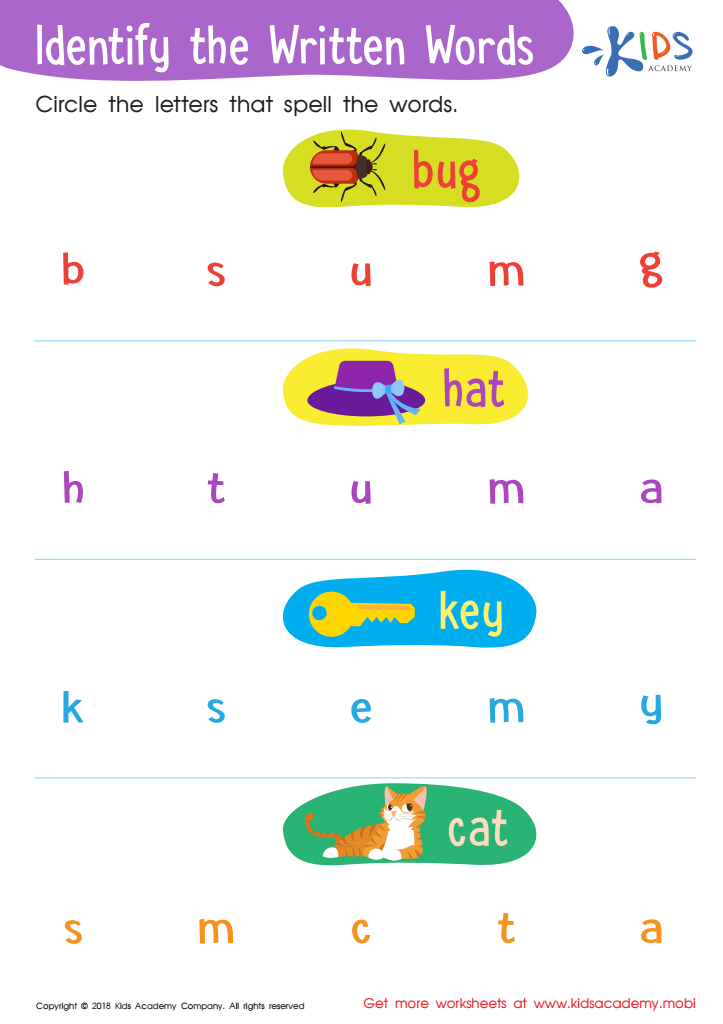

Identify the Written Words Worksheet
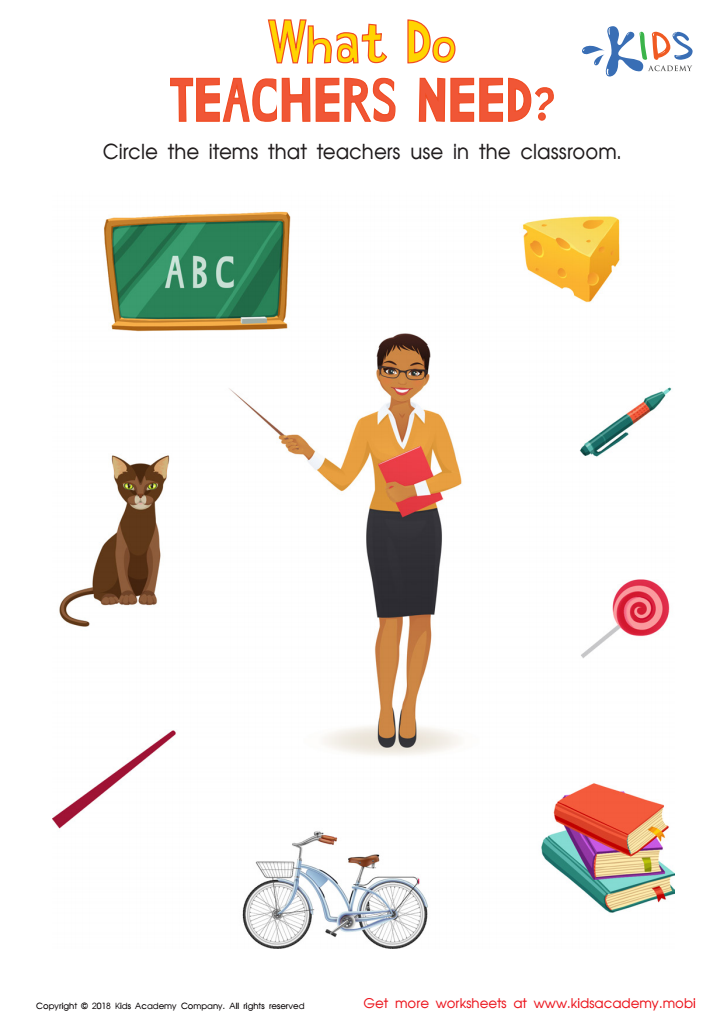

What Do Teachers Need Worksheet
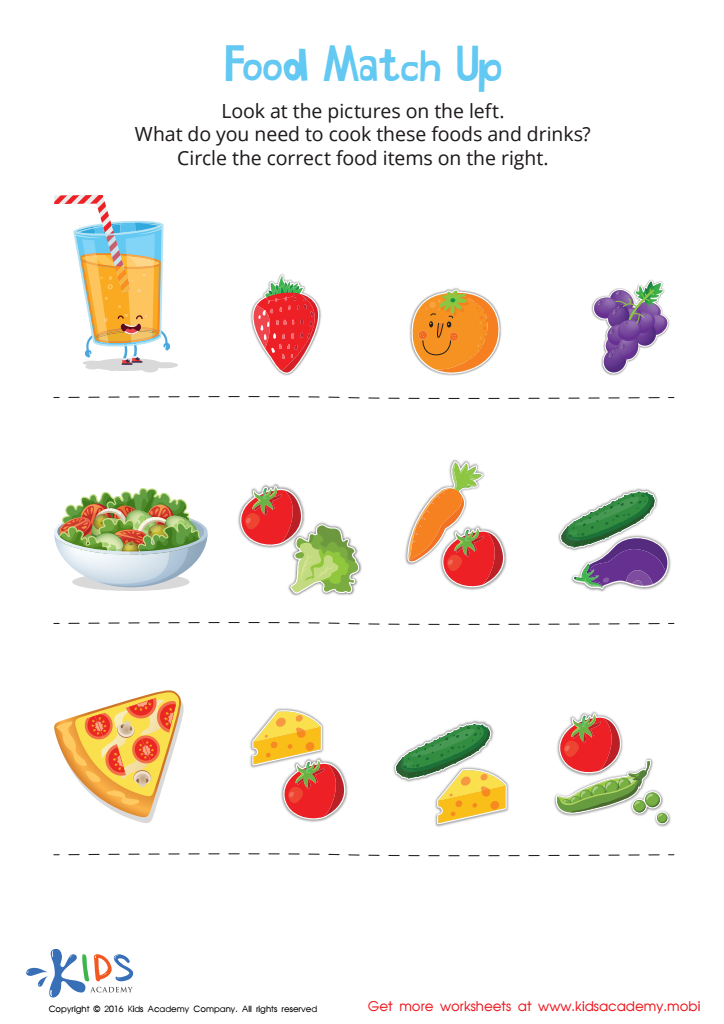

Food Match Up Worksheet
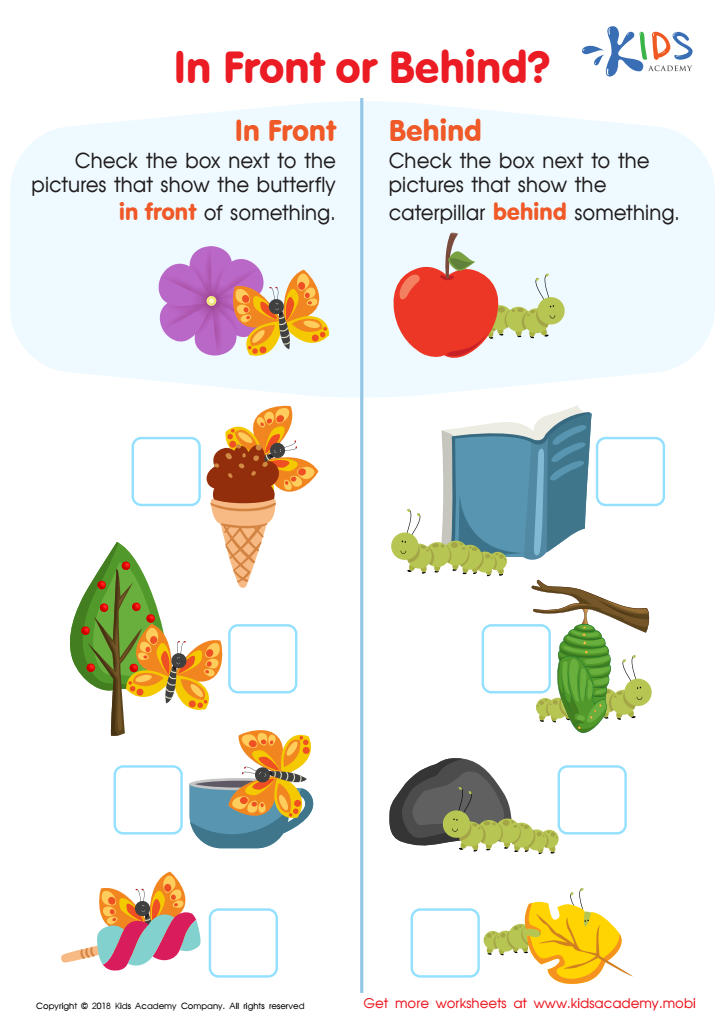

In Front or Behind Worksheet
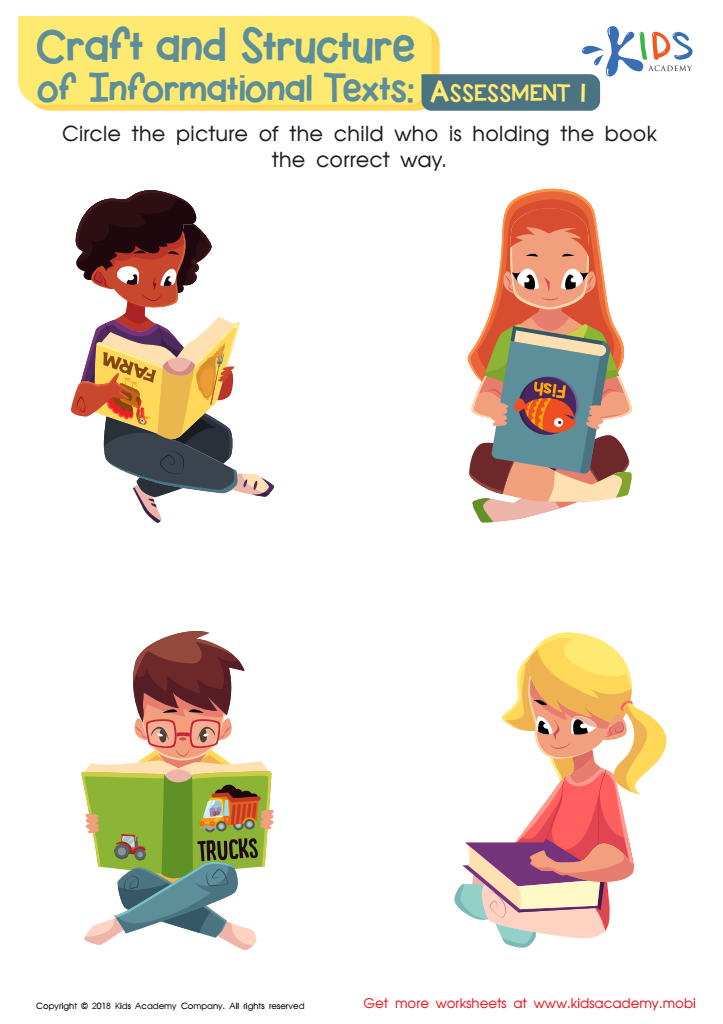

Craft and Structure of Informational Texts: Assessment 1 Worksheet


Turkey Thanksgiving Day Worksheet
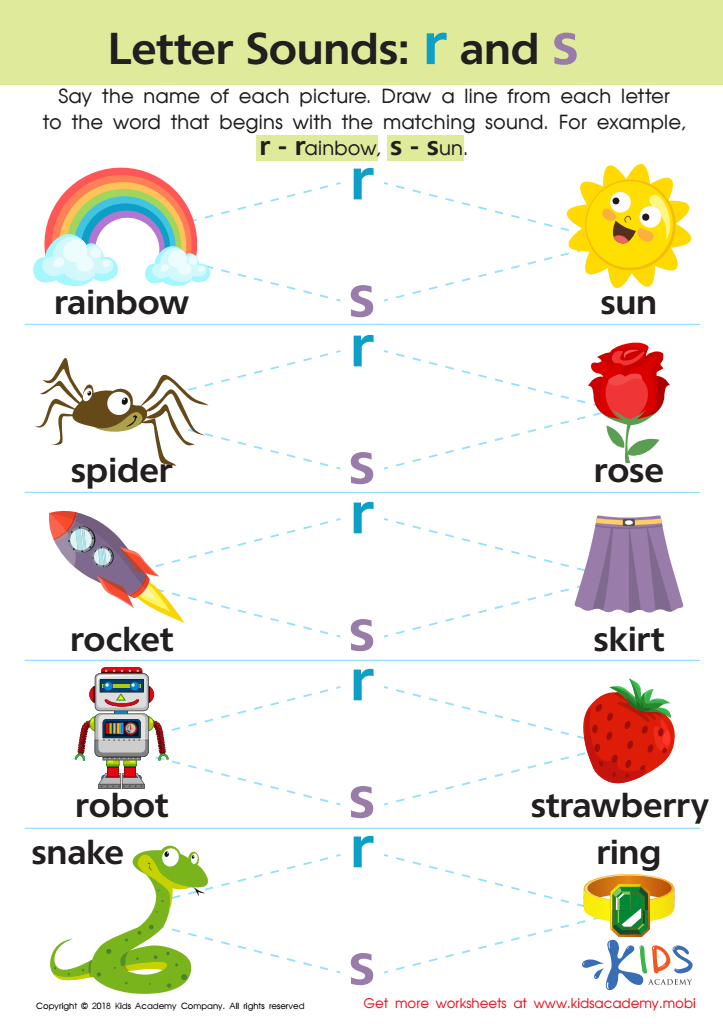

Letter R and S Sounds Worksheet
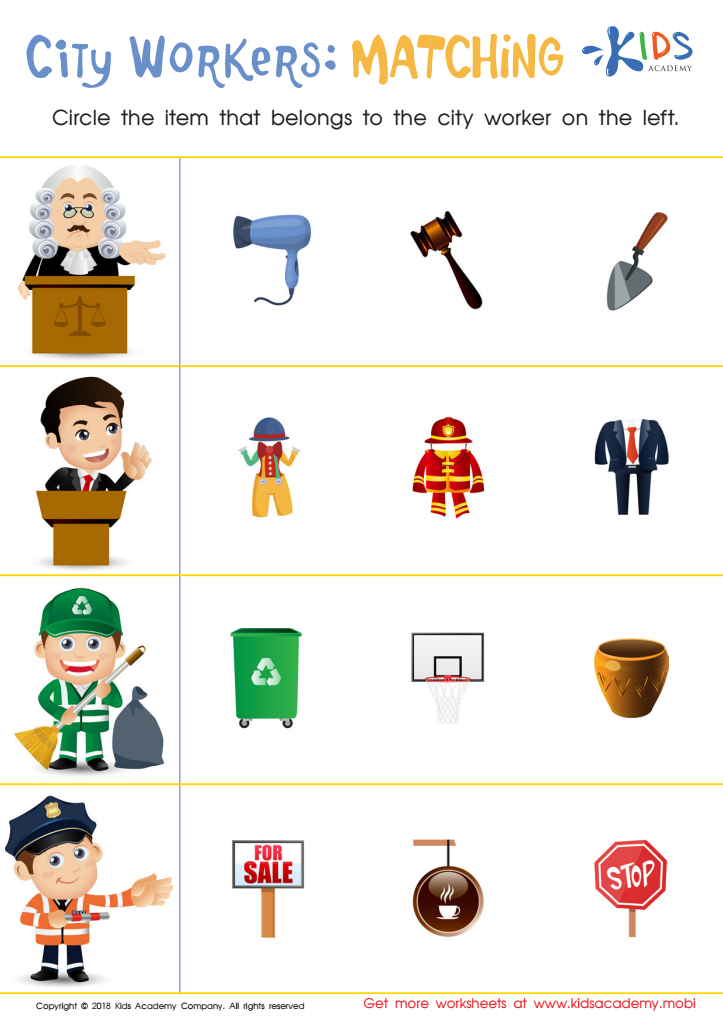

City Workers: Matching Worksheet
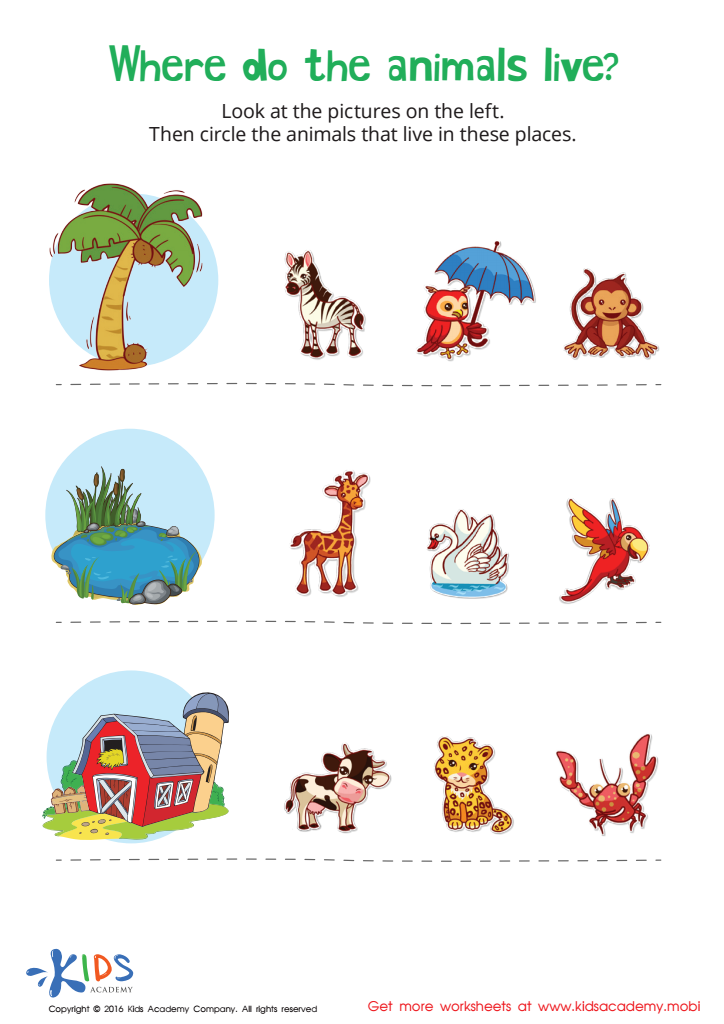

Where Animals Live Worksheet
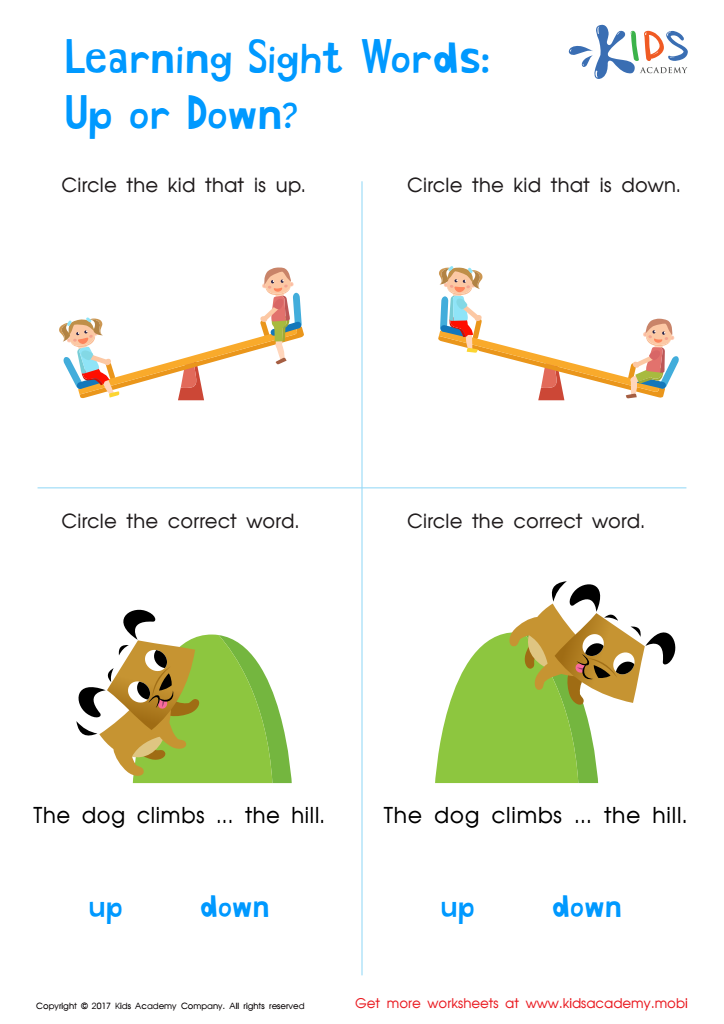

Up or Down Printable Sight Words Worksheet
Parents and teachers should care deeply about vocabulary development in children aged 4-5 because it's a crucial period for language acquisition that can significantly impact future academic success. At this stage, children's brains are extraordinarily receptive to learning new words due to rapid neural development. A robust vocabulary not only facilitates better communication but also enhances cognitive development.
When children possess a strong vocabulary, they're better able to understand instructions, express their ideas, and ask questions, leading to more effective learning experiences. This foundational skill is critical for reading comprehension; children who know more words can more easily understand texts, which supports their ability to learn across all subjects.
Moreover, early vocabulary development is strongly correlated with later literacy skills. Children who start school with a larger vocabulary have been shown to have a distinct advantage in reading and writing, which are essential for future academic achievement and lifelong learning.
Caring for vocabulary development at ages 4-5 can also address disparities. Children from different backgrounds may have varying levels of exposure to rich verbal interactions, and early intervention can help bridge these gaps. Thus, fostering a rich linguistic environment through conversation, reading, and playful learning activities is crucial for setting young children on a path to success.

 Assign to My Students
Assign to My Students





















